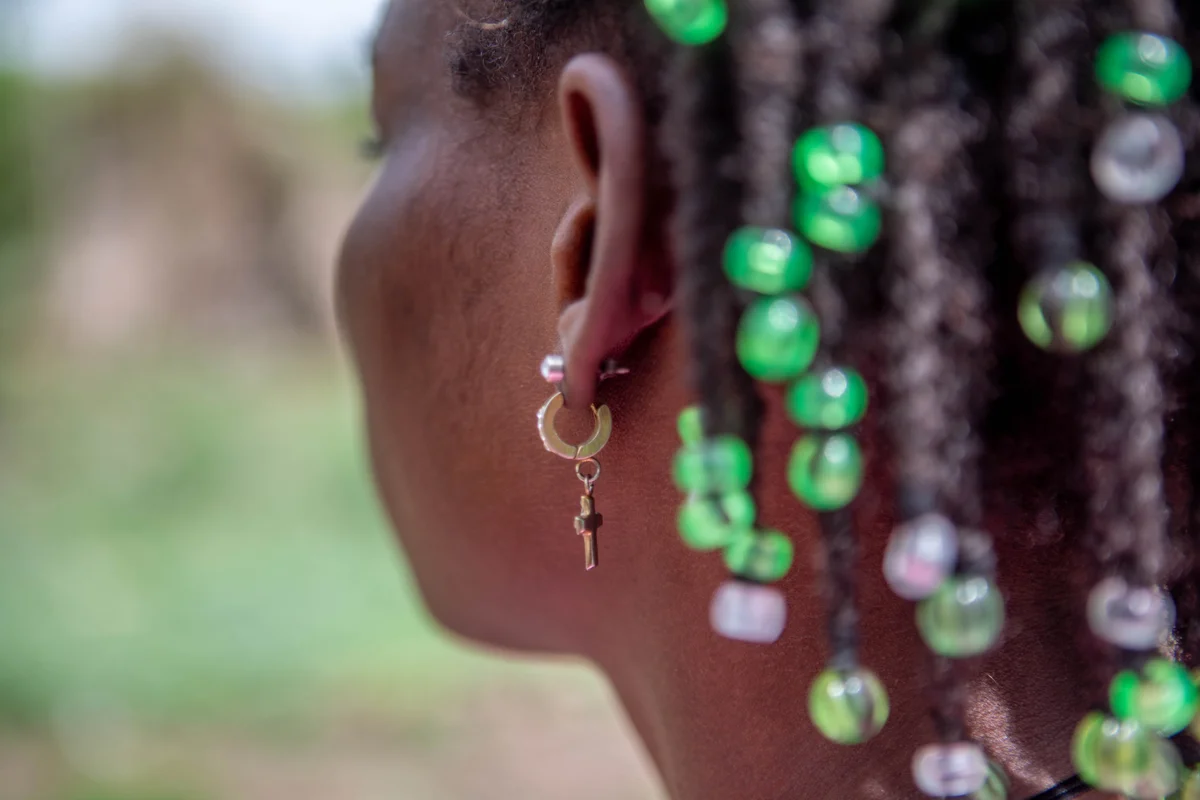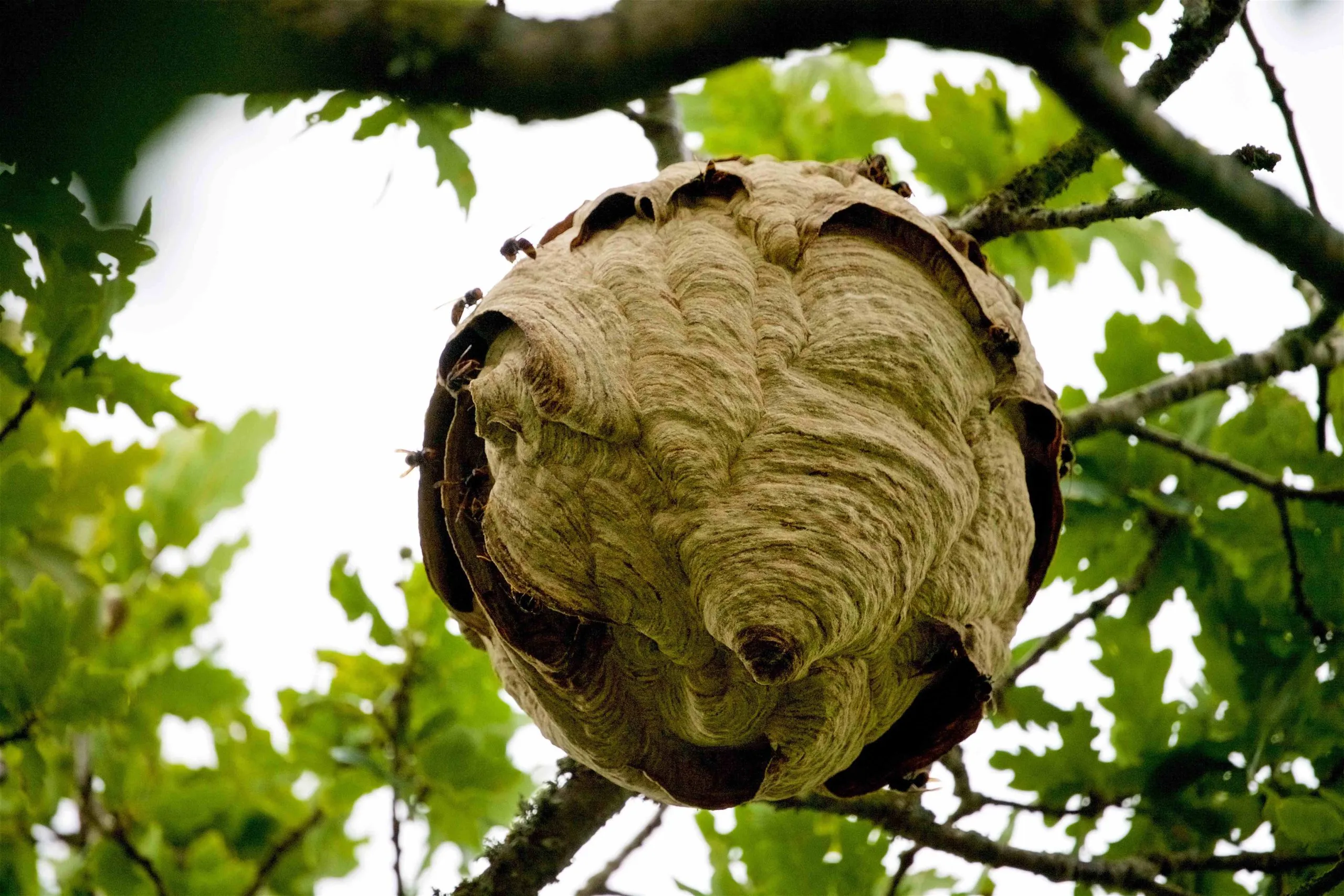Copyright independent

A landmark study has found survivors of rape and incest in five African countries are being blocked from access to safe abortion, despite being entitled to it by law. Published one year to the day since Donald Trump’s election, the first-of-its kind study has mapped out how unsafe abortion is risking women’s lives in the countries, as US aid cuts worsen the crisis. In Benin, Cameroon, Togo, Burkina Faso and Cote D’Ivoire, survivors of sexual violence have the right to safe abortion in theory. But Dutch sexual health research group Rutgers and Benin-based Centre de recherche en reproduction humaine et en démographie (CERRHUD) found laws that existed on paper were not being enforced. The researchers conducted in-depth interviews with survivors of sexual violence and their families as well as with health workers, lawyers and community groups. They also reviewed the laws and policies in each country. In Togo, 16-year-old Laure* was raped by a neighbour and immediately told her mother. After delays including having to wait for her father to give permission, she was taken to a health centre for an examination five days later - too late to find evidence of the assault or to be given emergency contraception. When she discovered she was pregnant, the health centre started the legal proceedings needed to give her abortion care but, when nothing had progressed after two months, Laure’s mother helped her daughter to get an illicit abortion instead rather than allow the pregnancy to become any more advanced. In Benin, when a 17-year-old girl reported an attack, the prosecutor told her rapist to, “to settle things amicably by coming to our house,” her mother told the researchers. In Burkina Faso, a community leader told the interviewers, “when a girl is raped, it’s a shame for the whole family. “The parents prefer to settle it within the family. They go to the boy’s family, they talk. Sometimes they ask for money to make up for the offence, sometimes they force the marriage to hide the shame. But going to the police means that the whole neighbourhood will know. And then the girl will never be able to get married”. Women and girls interviewed for the report often didn’t know they should seek medical care immediately after rape, or that they had a right to an abortion in these circumstances. Health workers were also often not aware of what they could legally provide and were scared to offer abortions without proper guidelines or training. Families were documented trying to stop survivors from reporting sexual violence - sometimes to protect the perpetrators who were also members of the community. The researchers found cases of relatives expelling survivors from their homes or forcing them to marry their attacker. Researcher on the report, Jonna Both, said the findings showed, “having these rights on paper is just not enough. It's really about implementation of these rights and ensuring access to…safe services for women and girls. And unfortunately, we see that that's increasingly under pressure with new funding cuts”. “Nobody should risk their lives for safe abortion care,” she said. In West and Central Africa, 3.4 million women undergo unsafe abortions each year, among the highest rates in the world. Across Sub-Saharan Africa, the report said, an estimated 42 per cent of pregnancies were unintended and of these 37 per cent ended in abortions - the majority of which were unsafe. This makes it a leading cause of death especially among teenage girls and young women, who are driven to drinking unsafe herbal concoctions or undergo invasive procedures that can cause infection, bleeding and death. When Trump took office for the second time, he scrapped all family planning funding for lower-income countries worth hundreds of millions of dollars. This has led to shortages of crucial contraceptives and risks millions more unplanned births, unsafe abortions and deaths. Dr Both said access to post-rape care and safe abortion were directly affected by budget cuts. “We know that these global funding cuts are also going to impact access to post-abortion care significantly. And that's the last resort for many of these women and girls,” she added. “When they have felt forced to try something at home, that's when they can now legally access healthcare,” she said - including seeking emergency help after having an unsafe abortion. As well as funding, the researchers found other barriers. For example, legal proceedings are often necessary in order to access an abortion on the grounds of rape. After experiencing sexual violence, survivors should also receive contraceptive counselling, Dr Both explained, but these contraceptives, “are no longer widely available” or come “with a higher cost for women and girls”. A US State Department spokesperson said a rule re-introduced by Trump prohibited providing assistance, “directly or indirectly to foreign nongovernmental organisations that perform or actively promote abortion as a method of family planning”. This includes centres that hand out contraceptives, the spokesperson added. *Names have been changed to protect identities This article is part of The Independent’s Rethinking Global Aid project



